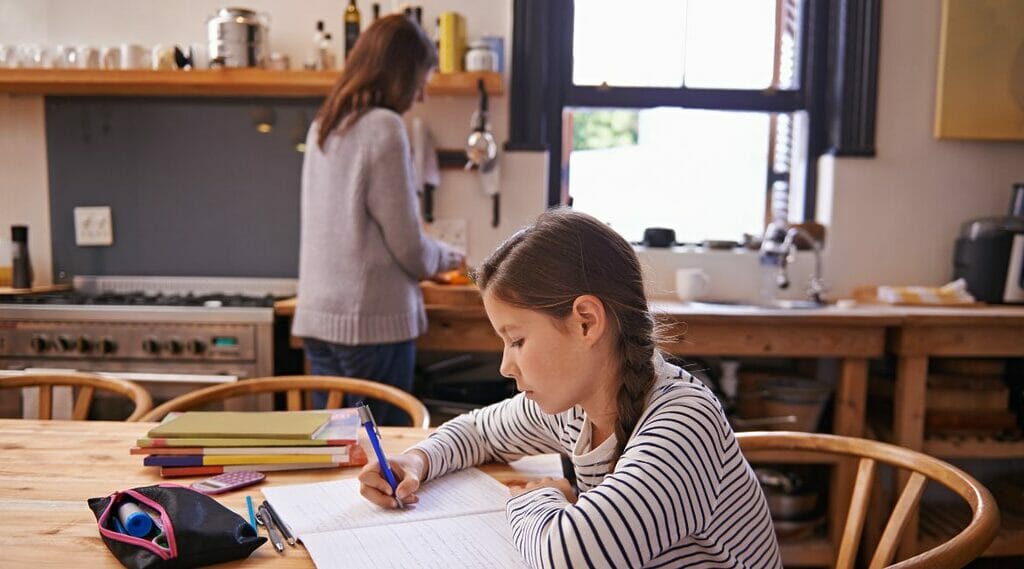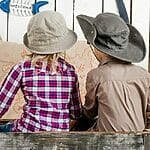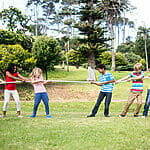Learning Anywhere
I love that as a homeschooler, I can embrace the freedom of learning anywhere. Whether it’s at the kitchen table, in the backyard, or on a family road trip, homeschooling doesn’t require a dedicated room or space. Instead, it allows us the flexibility to explore and learn in different environments. One of the best things about homeschooling is the ability to incorporate hands-on activities and outdoor exploration into our curriculum. We can take our lessons outside and make them come alive, whether we’re learning about science, math, or history. We can observe the world around us, collect specimens, and conduct experiments in the fresh air and sunshine. The possibilities are endless, and our children are not only learning, but they’re also experiencing the world in a way that is tangible and memorable.Creative Use of Space
Transforming underutilized corners of your home into vibrant learning areas can inspire your child’s curiosity and creativity. Don’t be afraid to think outside the box when it comes to using space in your home for homeschooling. Multi-purpose furniture such as a desk that doubles as a bookshelf or a storage ottoman that can hold supplies can be a great way to make the most of limited space. Portable learning tools like lap desks or folding tables can be used in any room of the house to create a flexible learning environment. Utilize wall space by hanging a whiteboard or corkboard to display educational materials or create a gallery wall of your child’s artwork. Think about incorporating cozy seating areas or creating a reading nook with floor cushions and a bookshelf. Crates or metal rolling carts can be used for storage and moved around the house as needed. With a little creativity and organization, any space in your home can be transformed into a functional and inspiring learning area for your child.Are Homeschool Park Days a Good Way to Socialize?
Homeschool park days with friends provide a wonderful opportunity for socialization. Kids can engage in various activities while developing crucial social skills. Being able to interact, share, and communicate with peers outside of a structured classroom setting helps promote their holistic growth. In these informal gatherings, children can form lasting friendships, fostering a sense of belonging and community.













